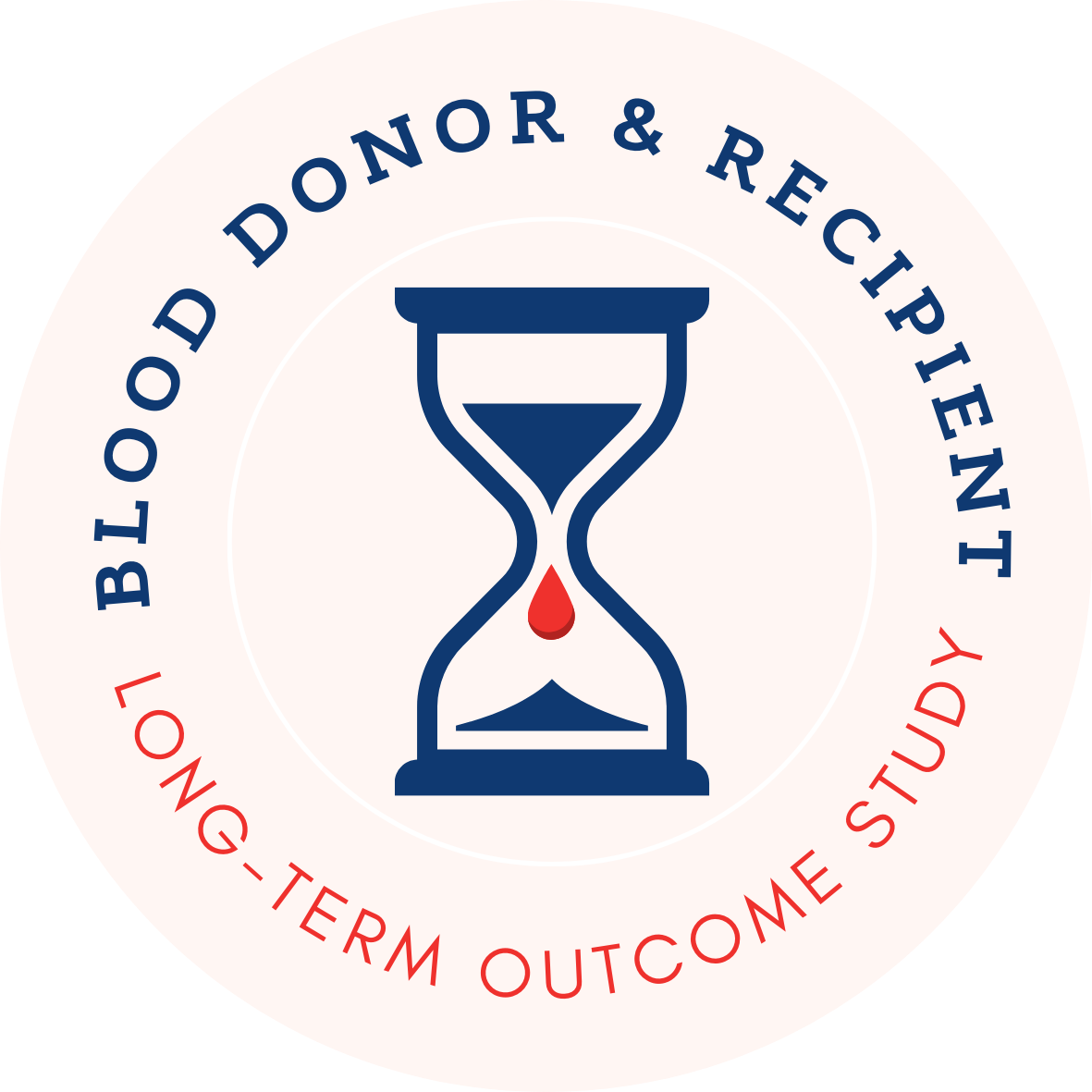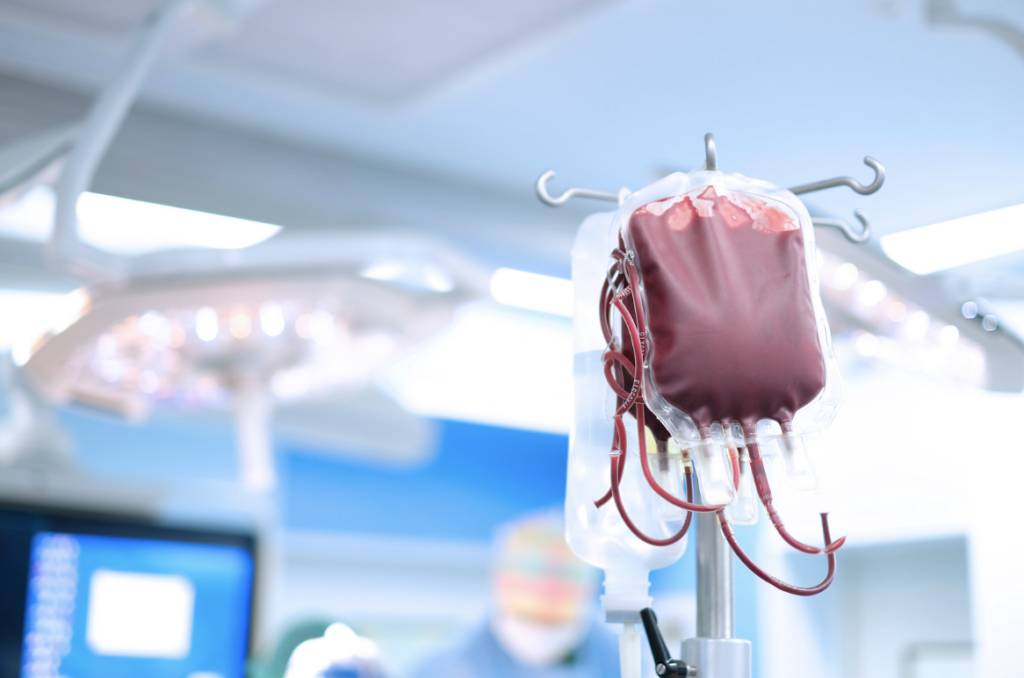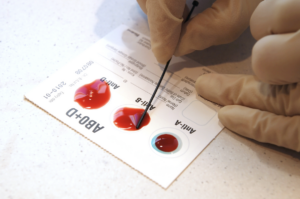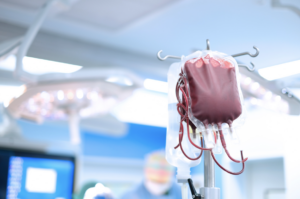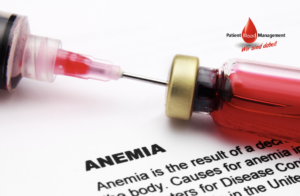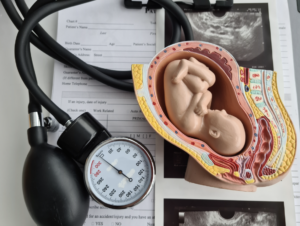The “Registry Study for Research of Blood Donor and Recipient Long-Term Outcomes” (LOS) is a multi-centre study investigating the long-term health effects of blood donations and transfusions. Every year, 20 million units of blood are transfused in Europe, with red blood cells being the most commonly administered component and significantly affecting the immune system of recipients (Arthur et al., 2023). Acute adverse reactions such as febrile non-haemolytic transfusion reactions, haemolytic transfusion reactions, transfusion-related circulatory overload, transfusion-related acute lung injury and infections are monitored as part of haemovigilance.
Long-term effects and mortality studies
Numerous studies have focussed on the long-term consequences of blood transfusions, primarily with regard to mortality. The PROTON study in the Netherlands showed that survival rates after a transfusion were significantly lower than in the general population (Borkent-Raven et al., 2011). Statistical analyses of the Scandinavian SCANDAT database also show a significantly higher long-term mortality in transfusion patients (Kamper-Jørgensen et al., 2008) A comprehensive analysis of > 180,000 cardiac surgery patients in 39 studies revealed a significantly higher long-term mortality in perioperative blood transfusion (Woldendorp et al., 2023). In some oncological diseases, perioperative foreign blood transfusions are also associated with significantly lower survival rates depending on the dose (Boshier et al., 2018, Rosenberg et al., 1985). More detailed information on long-term health outcomes is known for some specific patient groups. Critical trauma patients recover much more slowly after massive transfusions, which means a high health and social burden in addition to the high mortality rate (Mitra et al., 2014). A randomised clinical trial showed a higher mortality rate and significant impairment of neurological development in premature infants who received higher platelet doses prophylactically (Moore et al., 2023). The situation for blood donors is also very complex and remains largely unclear despite international efforts (Ullum et al., 2015; Zhao et al., 2020; Didriksen et al., 2021; Karki et al., 2023).
To date, there is no representative, efficient and comprehensive long-term study of all transfusion patients in Germany and the European Union.
Goals of the LOS Registry
The LOS will enable a detailed, patient-centred approach that focuses not only on mortality and morbidity, but also on the exact indication for transfusions in hospitals and tracks the fitness and frailty of patients over a period of at least 30 years. This comprehensive perspective should enable a deeper understanding of the long-term impact of blood transfusions and donations on the health and quality of life of patients, healthcare systems and society.
